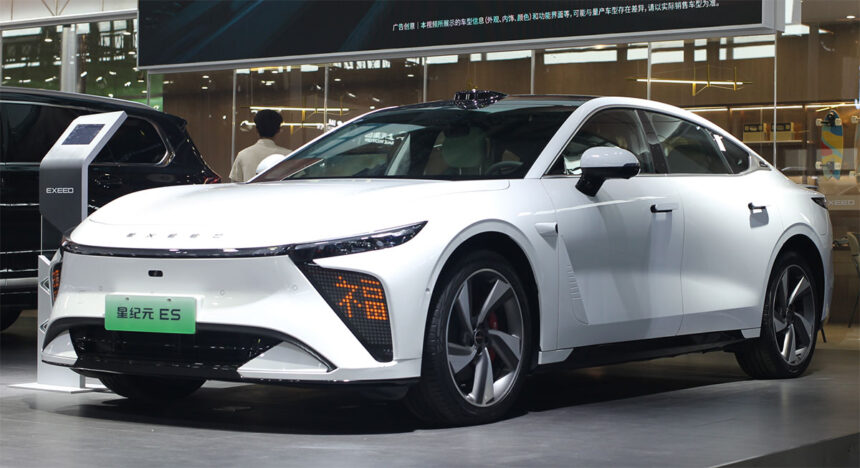The US has recently implemented new rules aimed at cracking down on Chinese and Russian tech in connected cars, effectively banning smart cars from both countries from entering the US market. This decision comes after the issuance of a proposed rulemaking last September.
In a statement released on January 14, the Biden administration announced that these measures were necessary to safeguard the US from national security risks posed by Chinese and Russian exploitation of the connected car supply chains. The US Department of Commerce has issued a final rule that prohibits the sale and import of connected car hardware and software systems, as well as completed connected cars, from China and Russia.
China’s Ministry of Foreign Affairs has strongly opposed this move, stating that it violates the principles of market economy and fair competition. China views this action as protectionism and economic coercion and has vowed to take necessary measures to safeguard its legitimate rights and interests.
Connected vehicles are equipped with various components and systems such as Wi-Fi, Bluetooth, cellular, and satellite connectivity, designed to enhance convenience for consumers and improve safety for drivers, passengers, and pedestrians. The final rule specifically targets vehicle connectivity systems (VCS) and automated driving systems (ADS) designed, developed, manufactured, or supplied by entities with ties to China or Russia.
The ban includes restrictions on the import or sale of connected vehicles that utilize VCS and ADS software, with software restrictions taking effect for Model Year 2027 and hardware restrictions for Model Year 2030. The rule also prohibits the sale of connected vehicles in the US by Chinese or Russian entities, even if the vehicles are manufactured in the US.
While the final rule currently applies only to passenger cars, the US Department of Commerce intends to develop rules addressing the participation of foreign adversaries in the supply chain of commercial connected vehicles or vehicles with a gross vehicle weight rating of more than 10,000 pounds. The Department will also consider using its authority to address individual entities that pose a threat to the supply chain for connected vehicles.
This decision follows previous actions by the US government, including raising tariffs on Chinese electric vehicles in May. The US continues to take steps to safeguard its national security interests in the face of growing technological competition with China and Russia.







